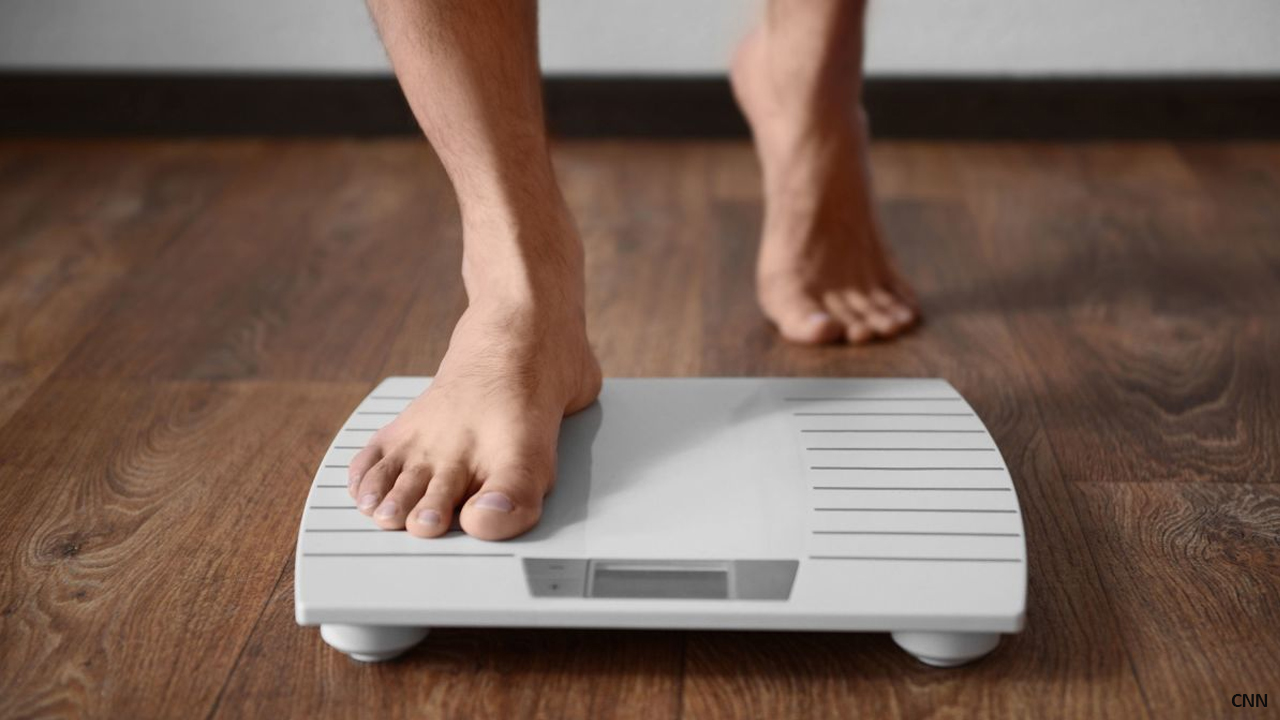With obesity a factor in Covid-19 vaccine eligibility, many Americans are scrambling to find out their body mass index, or BMI. But experts say the meaning behind those numbers -- and how to lower them -- isn't always so clear-cut.
The US Centers for Disease Control and Prevention lists obesity as an underlying medical condition and defines it as someone who has a body mass index of 30 or higher but less than 40. Having a high BMI, however, doesn't necessarily mean you're unhealthy.
Assessing your BMI is a quick and dirty way of indirectly measuring the amount of fat your body has. The CDC has created a calculator for both children and adults to find their number.
For adults, a BMI of 18.5 to 24.9 is in the normal range, 25 to 29.9 is overweight, and 30 and higher is obese. A BMI of 40 or higher is sometimes categorized as "extreme" or "severe" obesity, the CDC notes.
Having a BMI of over 30 can lead to severe health problems such as diabetes and cardiovascular disease, said Dr Clifford Rosen, director of the Center for Clinical and Translational Research at the Maine Medical Center Research Center.
Obesity also increases the risk of having a more severe reaction to Covid-19, he said.
There are some rare cases when a healthy person reports an unhealthy BMI number, according to Rosen. Weight trainers and people with athletic builds have a lot of muscle on them, which could create a high BMI number, said Dr Caroline Apovian, director of nutrition and weight management at Boston Medical Center and professor of medicine and paediatrics at Boston University School of Medicine.
"A lot of football players have a BMI of 30, 35 or even 40, but they're all muscle so they're extremely healthy," Apovian said.
If you're unsure of whether your high BMI number is due to fat or muscle, Apovian recommended seeing a weight loss specialist to have more specific tests done.
How to lower your BMI number
It is possible to lower your BMI through diet and exercise, Rosen said.
The first step is to understand it's not your fault, he noted, and take responsibility for your body.
Tell yourself, "I don't know what caused this, but I'm going to do something about it," he said.
Altering your diet is an important step in the weight-loss process, Rosen stressed. Individuals should limit the amount of processed food they consume and replace it with whole grains, fruits and vegetables.
Mindful eating is another way to lose weight, said Dr Robert Kushner, professor of medicine at Northwestern University Feinberg School of Medicine in Chicago. This is where people slow down when they eat and enjoy the food in front of them.
"It's slowing down, putting your fork down ... planning what you're eating in advance and being cognizant of portion sizes," Kushner said.
People should not go below 1,200 to 1,500 calories per day without the permission of a weight-loss specialist.
If you're overeating, Apovion recommended creating a moderate calorie deficit to lower your BMI. People should start to lose about 1 to 2 pounds per week, which shows their efforts are paying off.
The next step to lowering your BMI is to exercise.
Around 150 minutes of exercise per week, which breaks down to roughly 20 minutes of exercise per day, is a great way to lower your body weight, Rosen said.
Apovian also recommended weight training at least twice a week because it can build muscle, which then helps burn fat.
Take walks to get out of the house, do virtual workouts and go to the gym once it's safe to do so, Rosen suggested.
For more extreme cases or general help, he stressed that it's important to see a weight-loss specialist.
https://edition.cnn.com/2021/03/15/health/bmi-covid-19-healthy-living-wellness/index.html

 BMI and Health: Myths broken
BMI and Health: Myths broken























.jpeg)









